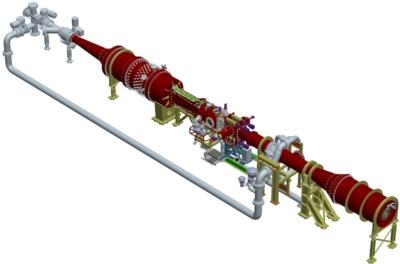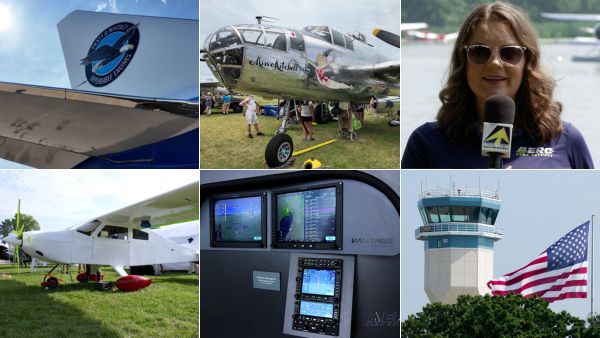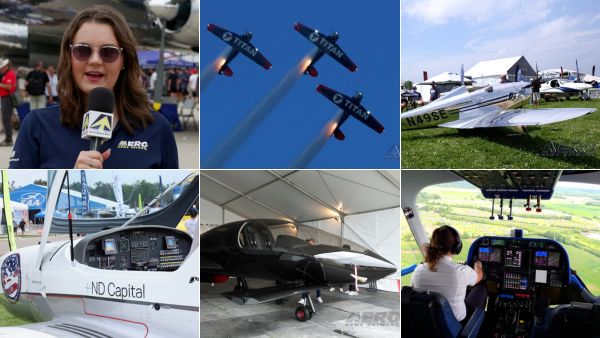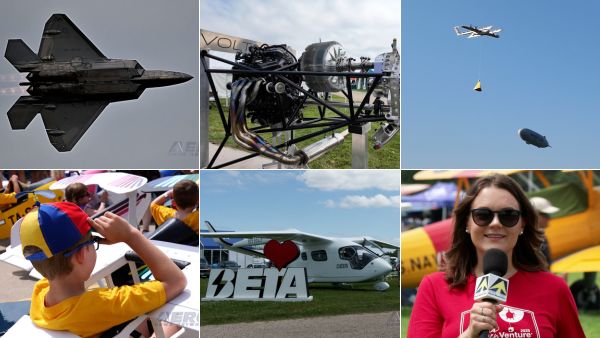Fri, Aug 15, 2014
Advertisement
More News
 ANN/Oshkosh Sponsor, Gleim Aviation, Is Ready To Teach You A Thing Or Two...
ANN/Oshkosh Sponsor, Gleim Aviation, Is Ready To Teach You A Thing Or Two...
Come To Oshkosh, Get Educated by Gleim At Booth #1103-1105 Gleim Aviation, industry leader in aviation training materials, was founded in 1980 for one reason: Dr. Irvin N. Gleim lo>[...]
 ANN Thanks Our Speedy Sponsor... Blackshape!!!
ANN Thanks Our Speedy Sponsor... Blackshape!!!
Check out Blackshape in Oshkosh Display #190 Situated in the Apulian Aerospace district in Monopoli, Italy, Blackshape embodies the epitome of Italian craftsmanship, style, and qua>[...]
 Alpha Systems AOA Guides ANN Oshkosh Coverage
Alpha Systems AOA Guides ANN Oshkosh Coverage
A Powerhouse In Aviation Safety Technology, Visit Alpha Systems AOA at Osh Display#3124-3125 Alpha systems AOA has been developing and integrating Angle of Attack systems for the l>[...]
 Airborne-Flight Training 07.17.25: Dual Ignition C172, CFI-ATP Course, FAA Boss
Airborne-Flight Training 07.17.25: Dual Ignition C172, CFI-ATP Course, FAA Boss
Also: Adventure Pilot iFly EFB X7, Endorsements Made Easy, H55 B23 Energic, Kings & USAF Cessna’s long-running Skyhawk now features a solid-state dual electronic ignition>[...]
 Airborne 07.24.25: Spirit SE-1!, H55 eFlyer, King Schools
Airborne 07.24.25: Spirit SE-1!, H55 eFlyer, King Schools
Also: Centauri Aircraft Valkyrie, Meet the Admin, Night Airshow, Pelton Intv'w When we laid eyes on this critter, we fell in love… and then we learned the amazing story of t>[...]
blog comments powered by Disqus




